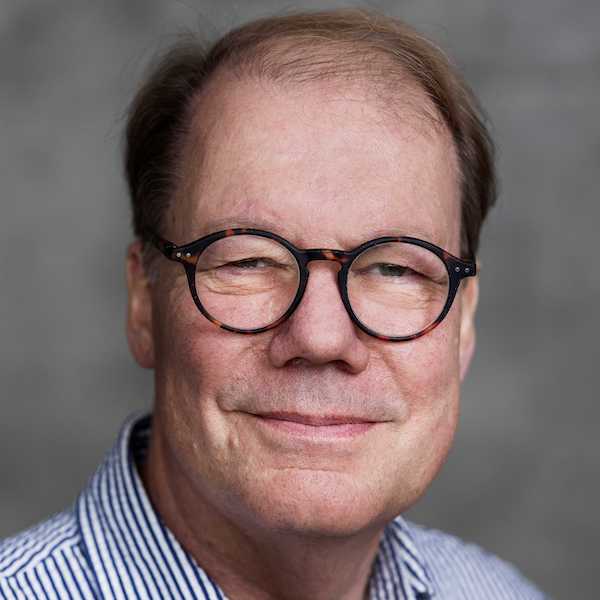Dr. Barbara Kenner (Moderator)
Kenner Family Research Fund and WPCC Steering Committee
Dr. Barbara Kenner is a founding partner of Neuropsychological Assessment and Consultation Services LLP, which provides neuropsychological assessment services for children, adolescents, and adults. She earned her PhD from New York University Steinhardt School and completed pre- and postdoctoral fellowships at Mount Sinai Medical Center in New York City. A past member of the NYU Steinhardt Dean’s Council, Dr. Kenner has received the school’s Distinguished Alumna Achievement Award. She also serves on various boards, including the American Pancreatic Foundation, Weizmann Institute’s Women in Philanthropy, and Bard College Music Festival.
Dr. Chris Sander
Department of Systems Biology at Harvard Medical School
Chris Sander is an internationally recognized expert in computational and systems biology, with recent focus on to the use of artificial intelligence in biomedicine. He has extensive experience in cancer genomics, was a leader in The Cancer Genome Atlas (TCGA) project. His group created the widely used cBioPortal for Cancer Genomics. His current research includes: (1) deriving AI-enabled quantitatively predictive network models from high-throughput molecular profiling (Cellbox); (2) rendering human biological knowledge computable and accessible, as an aid to biomedical discovery (cBioPortal, Pathway Commons); (3) using evolutionary constraints derived from rich sequence information to predict previously unknown 3D structures of biomolecules and to elucidate protein function (EVcouplings) and (4) using artificial intelligence methods applied to trajectories of real-world clinical records (EHRs) to develop surveillance programs for patients at high risk for agressive cancers.





